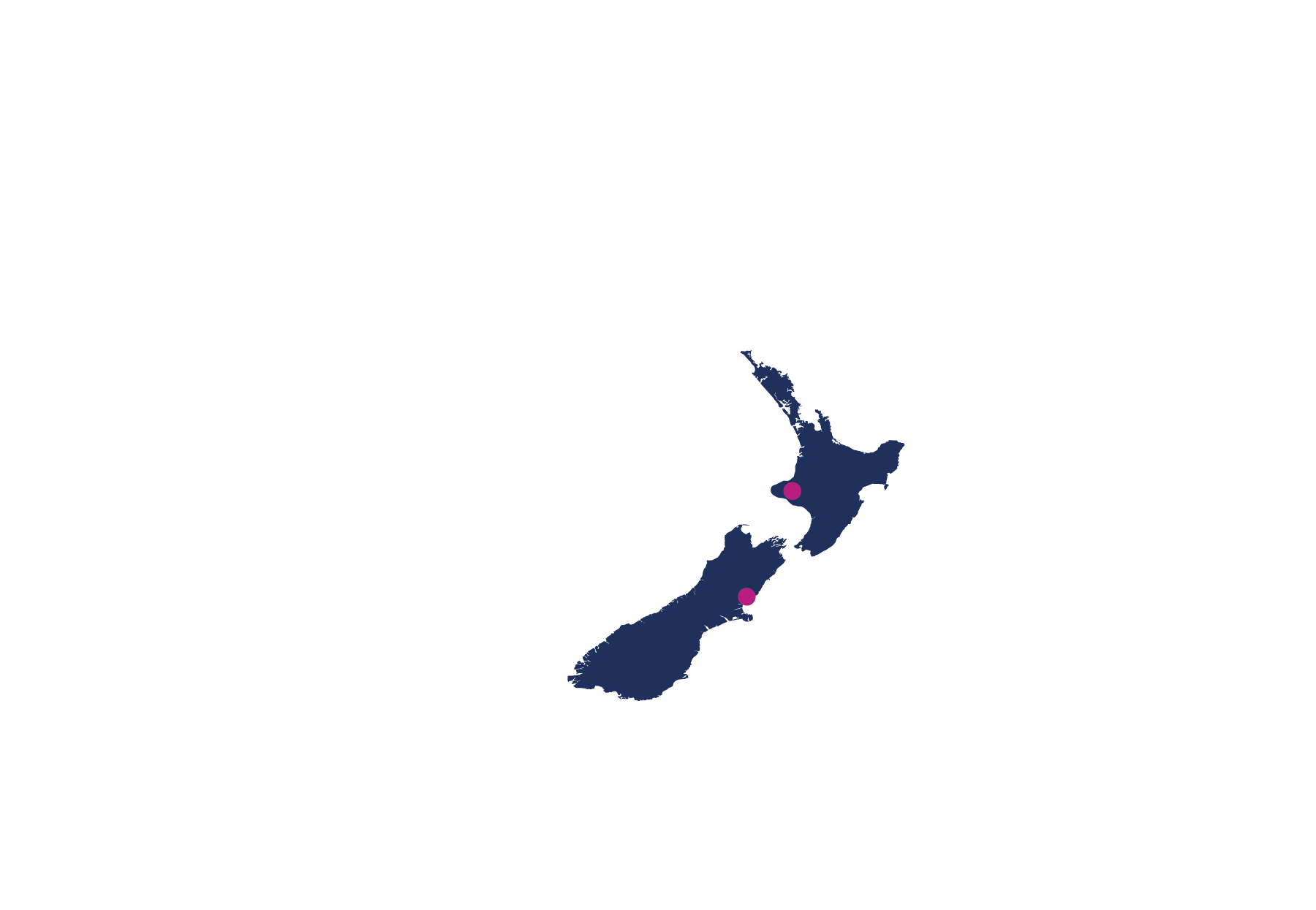Early Start
Early Start serves caregivers with newborns through intensive home visiting. Services are targeted toward caregivers who face challenges that may negatively impact the well-being of their children. Early Start uses a planned, focused, and systematic approach to help caregivers learn and apply nurturing parenting practices, discover personal strengths and abilities, and make healthy lifestyle changes. See www.earlystart.co.nz for details.
What is the model’s approach to providing home visiting services?
Home visits take place based on families’ needs. Families with the highest level of need receive weekly visits for the first 15 to 18 months of enrollment. Families at the next level receive one visit every 2 weeks for 1 year or until set criteria are reached. Families at the next level receive monthly visits and families at the lowest level of need receive quarterly visits with a phone call between visits. Services are provided until the child is 5 years old and begins school. Early Start requires families to initiate services before the child is 9 months old. Families are encouraged to enroll prenatally.
Early Start’s target population includes the following:
- Low-income families
- First-time mothers or first-time parents
- Teenage mothers or teenage parents
- Unmarried mothers or single parents
- Parents/caregivers with limited education
- Families with a history of substance abuse or in need of treatment
- Families with a history of child abuse or neglect/involvement with child welfare system
Who is implementing the model?
Home Visitors
The model requires a bachelor’s degree for home visitors. Home visitors are required to maintain a caseload of 10 to 14 families.
Supervisors
The model requires a bachelor’s degree for supervisors.
Where is the model implemented?
Early Start does not currently operate in the United States. Early Start offered services in two local agencies in New Zealand in 2018.

